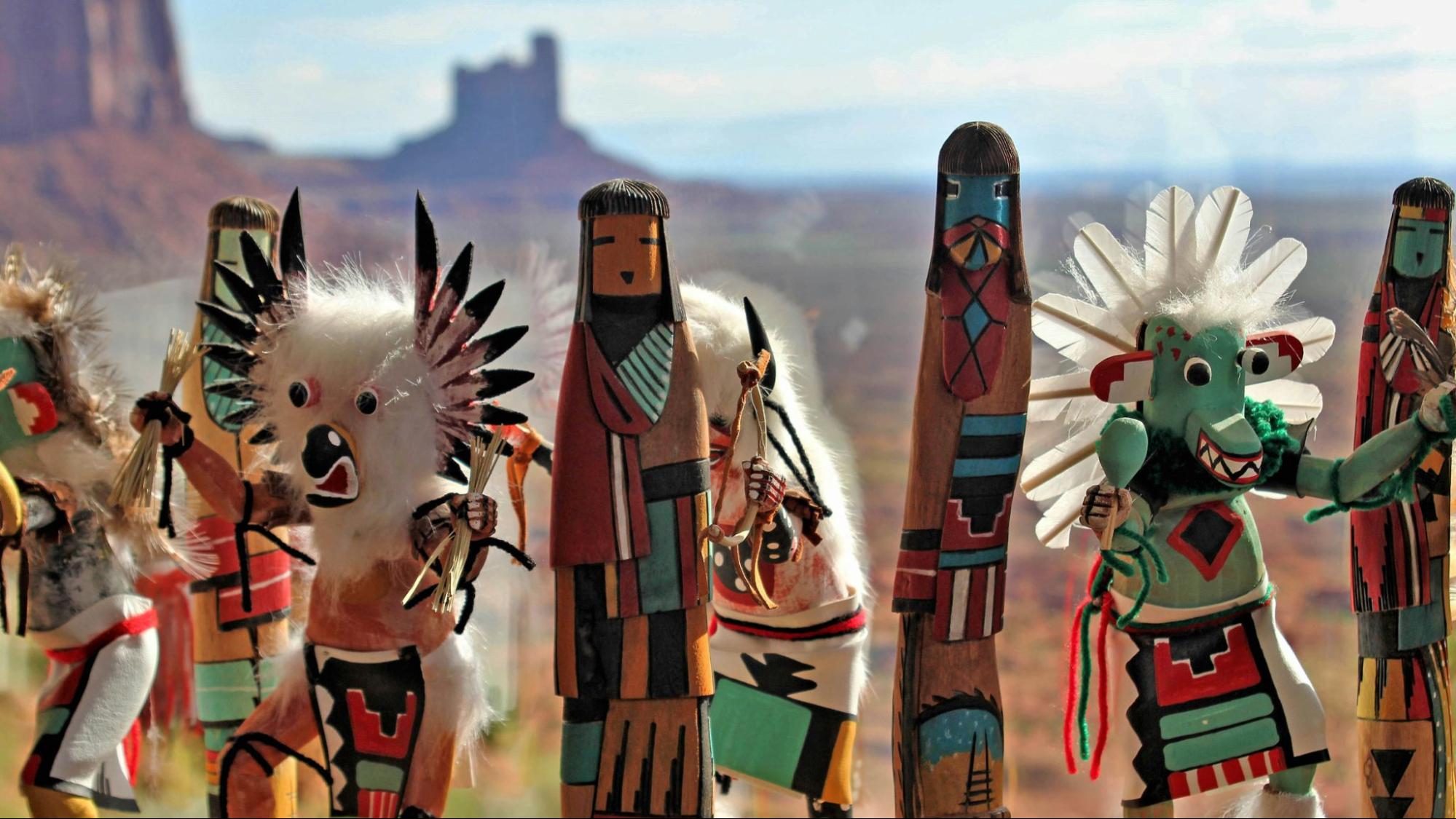Pelé was one of the first young black athletes to become a TV icon, earning the admiration and adoration of Africans all over the continent.
As decolonization movements swept across Africa in the late 1950s and early 1960s, Pelé was invited to play friendly games with his club Santos FC and the Brazilian national team by newly independent countries.
Pelé stated in his autobiography that the years that followed and his recurrent journeys to Africa “changed not just how I saw the world, but also how the world saw me.”
The African trips were “so filled with traditions that there is no clear border between fact and mythology,” according to Guilherme Nascimento, who produced the Almanac of FC Santos.
His time in Algeria, for example, was like something out of a movie.
When Gillo Pontecorvo was filming the Battle of Algiers in 1965, the 24-year-old came.
As a result, seeing combat tanks driving from downtown Algiers to the Casbah was common.
Algerian President Ahmed Ben Bella, a football fanatic, has scheduled two friendly games for the occasion, one in Oran on June 15 and another four days later in Algiers.
However, on June 17, Ben Bella’s Minister of Defense, Houari Boumediene, organized a coup that deposed the president and halted the second match.
Some well-known journalists and historians believe Boumediene manipulated the uproar surrounding Pele’s arrival to divert attention away from his revolution.
Pele’s excursions to Morocco were less thrilling but nonetheless unforgettable.
He allegedly complimented the Moroccan team at the 1970 World Cup in Mexico. As a result, Morocco became the first African country since Egypt in 1934 to qualify for the World Cup.
On another occasion, he was accused of discussing Moroccan star Larbi Ben Barek, who played for Olympique de Marseille and Atletico Madrid.
Six bottle caps to see Pelé play
Pele’s visits to Nigeria and the Democratic Republic of the Congo are famous as well.
He was claimed to have made the countries where he stayed more peaceful on both occasions.
Nigeria was at war from 1967 to 1970, but when Pele traveled there in 1969 to play a friendly game against the Nigerian national team, there were reports of a 48-hour truce.
Pelé stated in his autobiography, “I’m not convinced it’s entirely true.”
“But the Nigerians made sure the Biafrans didn’t attack Lagos while we were there,” he recalled, recalling a large number of soldiers present. The Biafran rebels were at least 500 kilometers (310 miles) away, and the army was forcing them back, so that wouldn’t happen.
By 1976, the American soft drink manufacturer Pepsi had taken advantage of Pelé’s renown on the African continent and financed the retired athlete’s journey to Kenya and Uganda.
While instructing young football players from both countries at many clinics, “The King” was able to spread the news about the drink.
Adults in Kenya had to bring six bottlecaps of soft drinks, while children had to bring three.
Pelé’s travels have taken him to Mozambique, Egypt, Sudan, Senegal, and Ghana.
Even when Pelé wasn’t present, his image meant a lot to aspire football players all over Africa.
“When I arrived in Europe, the only African stars I saw were Pelé, Mohamed Ali, and Eusébio,” Salif Keita, a former Malian player, stated.
Abedi “Pele” Ayew, one of Ghana’s top players, was named after the legendary Brazilian star.
According to him, “His magnificence served as an enormous source of motivation for me. Being compared to him and carrying his great name throughout my playing career and beyond is a tremendous honor and a valuable pleasure.”
Pelé has always encouraged African players to develop throughout Fifa World Cup matches.
He projected that an African team would win the championship before the year 2000 in the mid-1970s. This prediction is always discussed before each tournament.
Unsurprisingly, his last social media message was to congratulate Morocco on their historic World Cup victory in Qatar.
Read Also: Pele dies at the age of 82
His celebrity is undeniable, and his global influence tells a lot more about him than his ethnicity or country of birth.
But hearing those comments is crucial for Brazil’s black people. A lot. And they demonstrate a shift in thought that has been going on for decades, with Pelé playing a significant role.
Pelé became a national treasure in a country with a long history of enslavement and conflict.
He was frequently referred to as a “monkey” on the field and given various racial slurs. He once remarked that if a monkey forced him to stop every game, he would have had to quit all of them.
According to Angelica Basthi, the author of his biography, he provided black people a space and a voice in Brazilian football. Nonetheless, he never directly participated in the struggle against racism.





